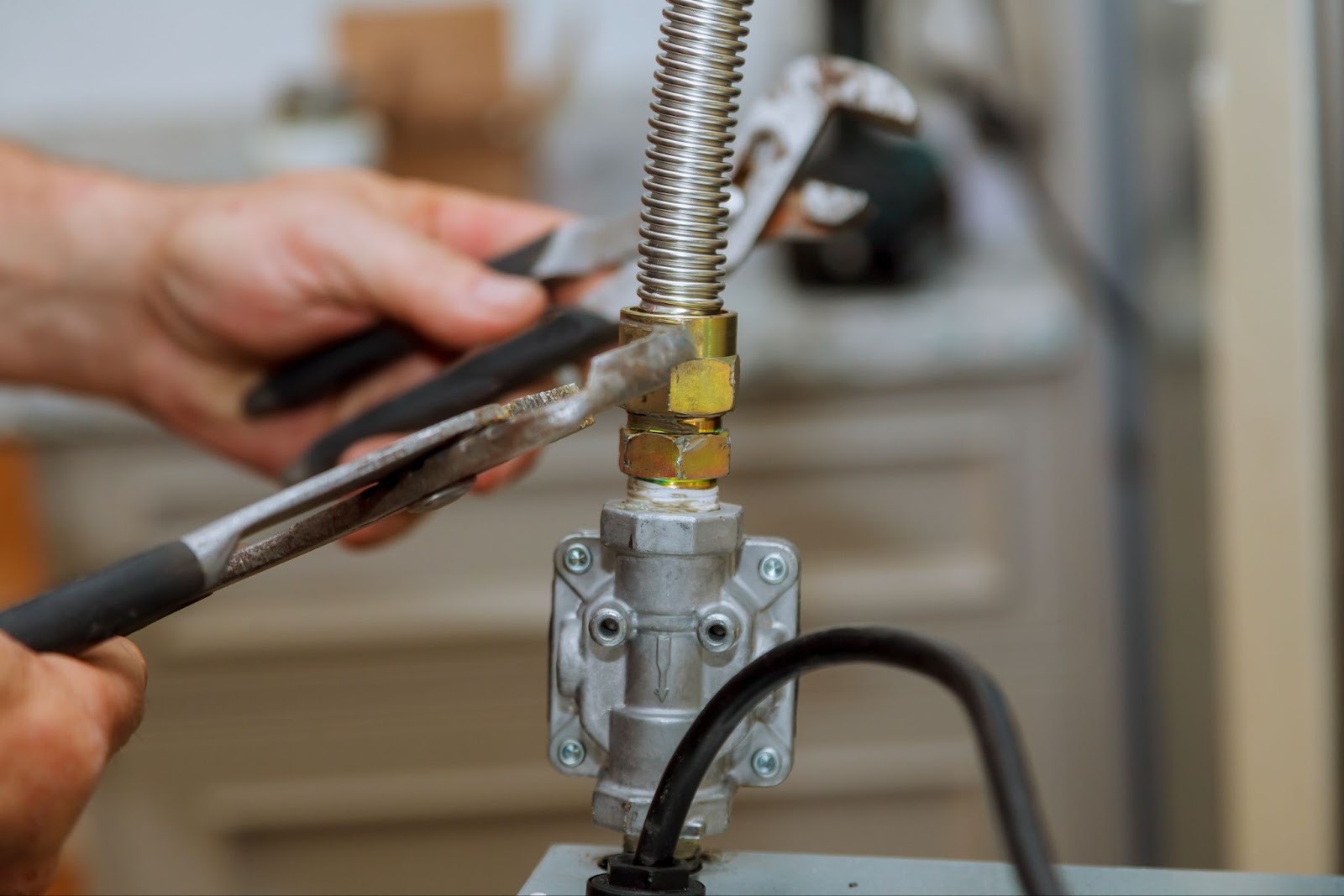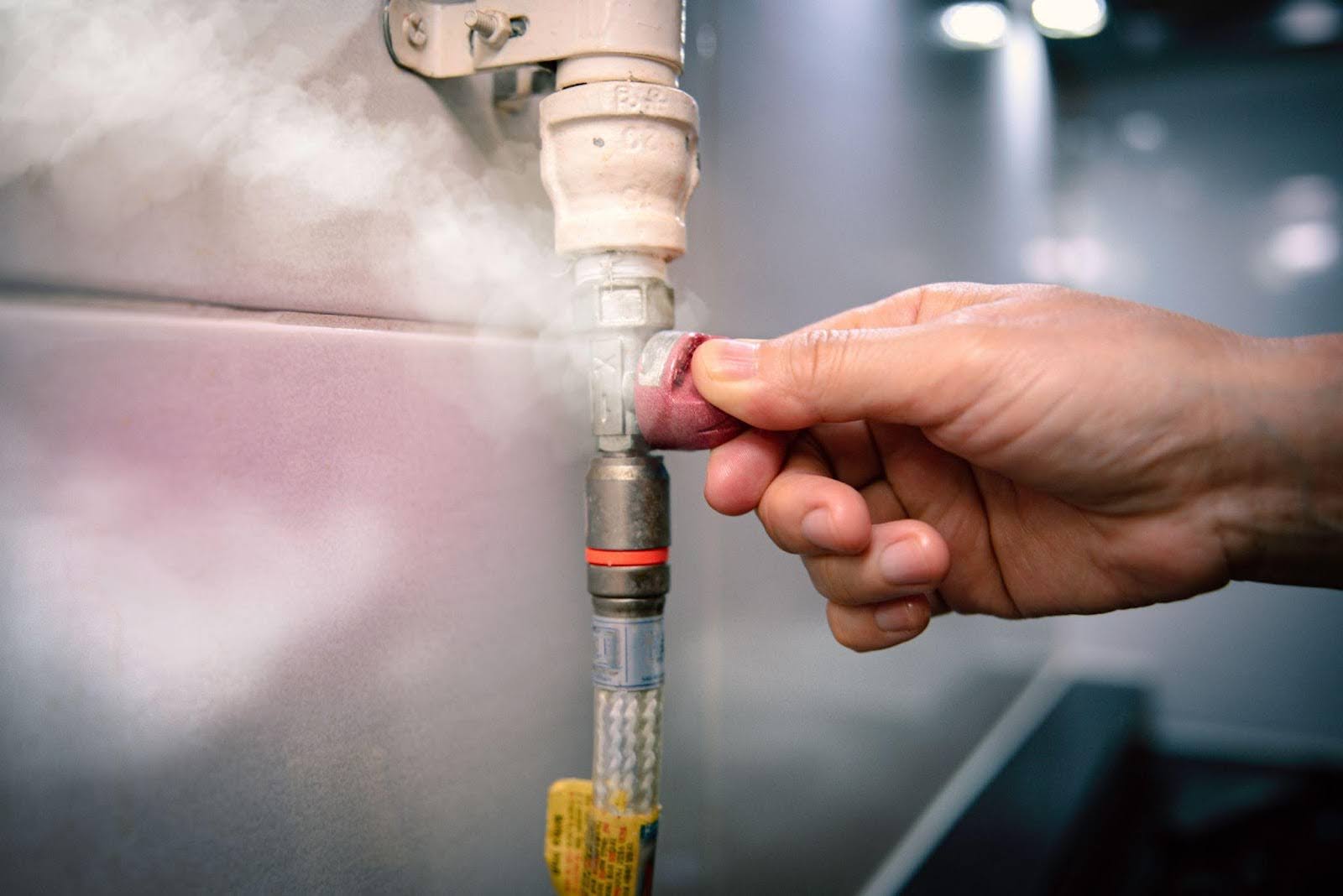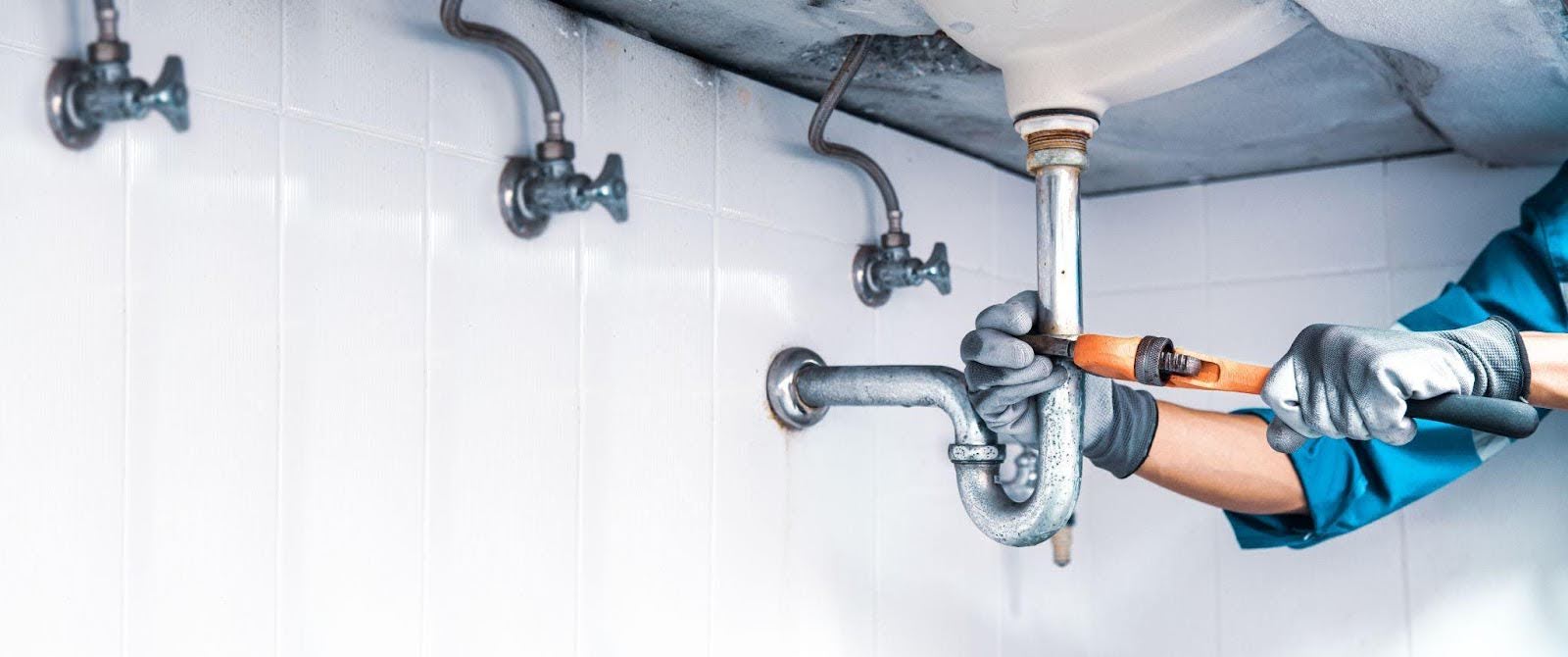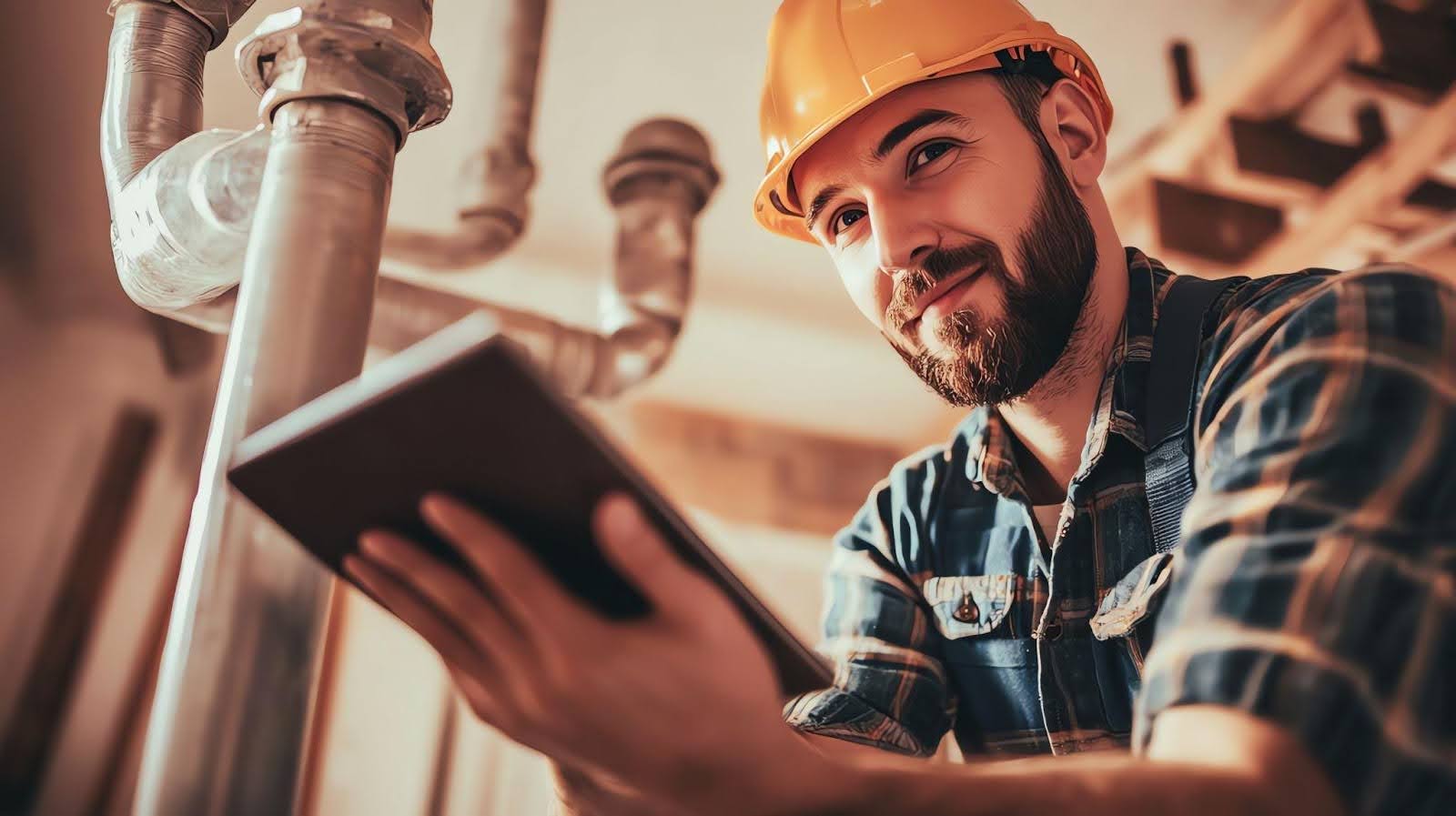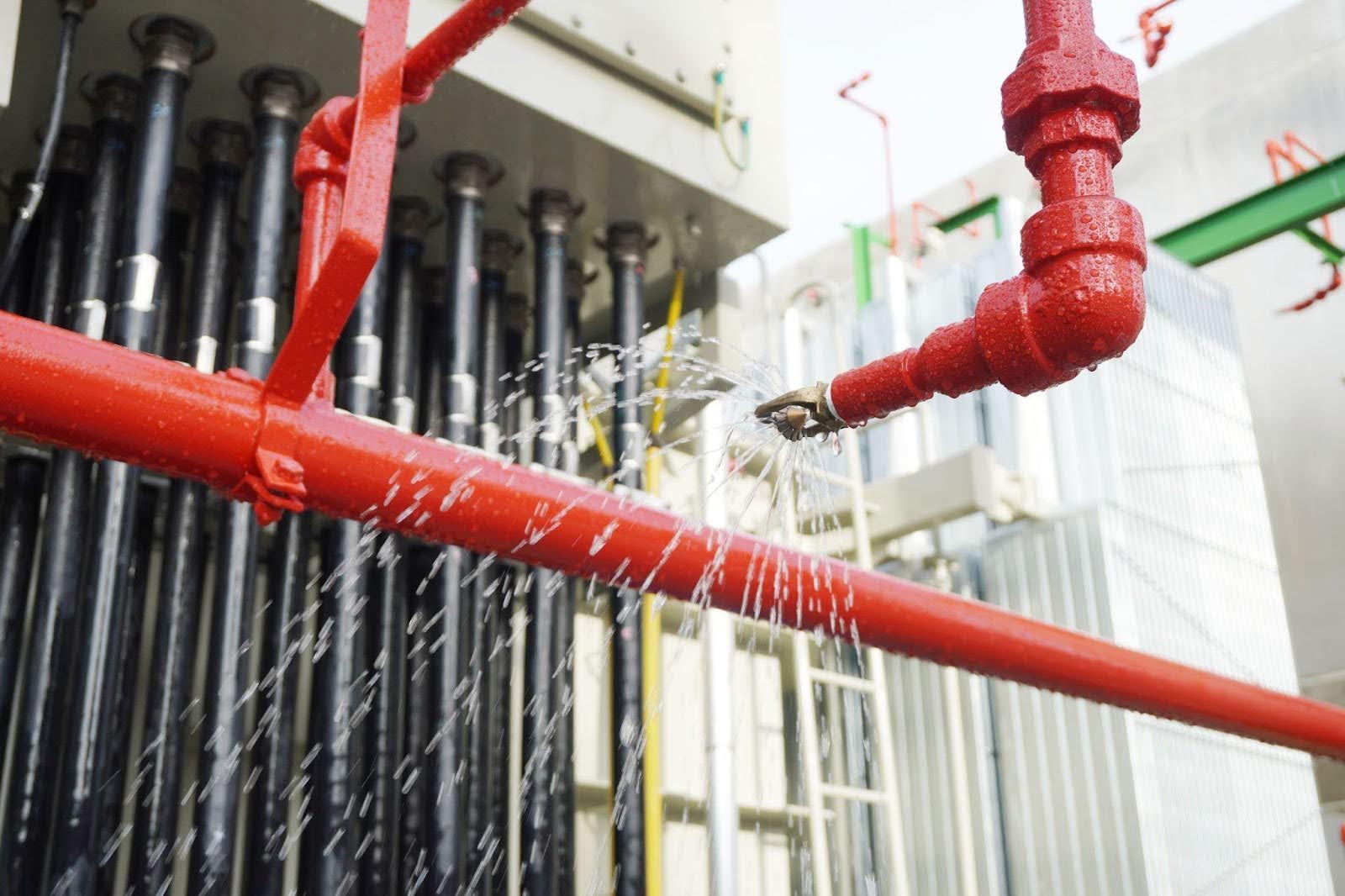Installing commercial gas lines requires precision, expertise, and strict adherence to safety standards. Whether for heating systems, kitchen appliances, or industrial equipment, gas lines play a crucial role in the daily operations of many commercial establishments.
However, due to the complexity and potential hazards associated with gas line installation, even small mistakes can lead to serious consequences, including leaks, inefficiency, and, worst cases, dangerous explosions.
Understanding and avoiding common pitfalls during installation is key to ensuring a safe and efficient gas system. From inadequate planning to improper selection of materials, a lot can go wrong if not handled with care.
This guide will highlight the most common mistakes made during commercial gas line installations and provide practical advice on how to avoid them, ensuring that your project meets all safety standards and functions smoothly. When you’re aware of these common mistakes, you’ll be able to avoid costly repairs and legal issues down the line while also ensuring the safety of employees and customers.
Avoid These Common Mistakes
Even with the best intentions, it’s easy to overlook critical details when installing commercial gas lines. The complexity of the systems, combined with the strict regulations governing their installation, means there is little room for error. Overconfidence or a lack of up-to-date knowledge can lead to oversights that have serious consequences.
In this section, we’ll discuss some of the most common mistakes that occur during the installation process and offer practical tips on how to avoid them. By being proactive and attentive to these potential pitfalls, you can ensure that your gas line installation prioritizes gas safety and complies with all necessary regulations.
Inadequate Planning and Design
One of the most common (and costly) mistakes in commercial gas line installation is inadequate planning and design. The planning phase is where the foundation of the entire project is laid, and any oversight at this stage can lead to serious problems later on. Poor planning can result in issues such as improper pipe sizing, inefficient gas flow, and unforeseen obstacles during installation—all of which can compromise the safety and functionality of the gas line system.
Effective planning involves thoroughly assessing the building’s needs, including the type and amount of gas used, the peak load requirements, and potential future expansions.
It also requires careful consideration of the layout and routing of the gas lines to ensure they are accessible for maintenance and do not interfere with other systems. Failing to account for these factors can lead to delays, increased costs, and, in some cases, the need for a complete redesign of the system.
To avoid these pitfalls, you should work with experienced professionals who can provide detailed design plans and anticipate potential challenges. Enlisting the help of a qualified engineer during the planning phase ensures that all aspects of the installation are considered, from the initial design to the final implementation.
Failing to Adhere to Local Codes and Regulations
Every region has its own set of rules governing gas line installation, and these aren’t just guidelines—they’re legal requirements designed to keep everyone safe. Skipping this step or assuming that what works in one area will work in another can lead to serious consequences, including fines, delays, or even having to redo the entire installation.
Adhering to local codes means more than just following basic safety practices. It involves understanding specific requirements for materials, pipe sizing, installation methods, and even the types of appliances that can be connected.
These regulations are in place to ensure gas safety and efficient operation in the specific environmental conditions of your area. Failing to comply can result in legal issues and pose significant safety risks, potentially leading to gas leaks, fires, or explosions.
Take the time to research the local codes, or better yet, work with a licensed professional who is familiar with the regulations in your area.
Incorrect Pipe Sizing
Getting the sizing for the gas piping wrong can lead to big problems down the road. Due to gas installation’s complexity and gas piping sizing, even small miscalculations can have significant consequences. Incorrect pipe sizing can result in insufficient gas flow to your appliances, causing them to underperform or even fail.
Additionally, if the pipes are too large, the gas pressure may drop too low, leading to inefficiencies and potential safety hazards. Ensuring the gas piping is sized correctly is critical for maintaining a safe, efficient, and reliable gas system in your commercial space.
Poor Material Selection
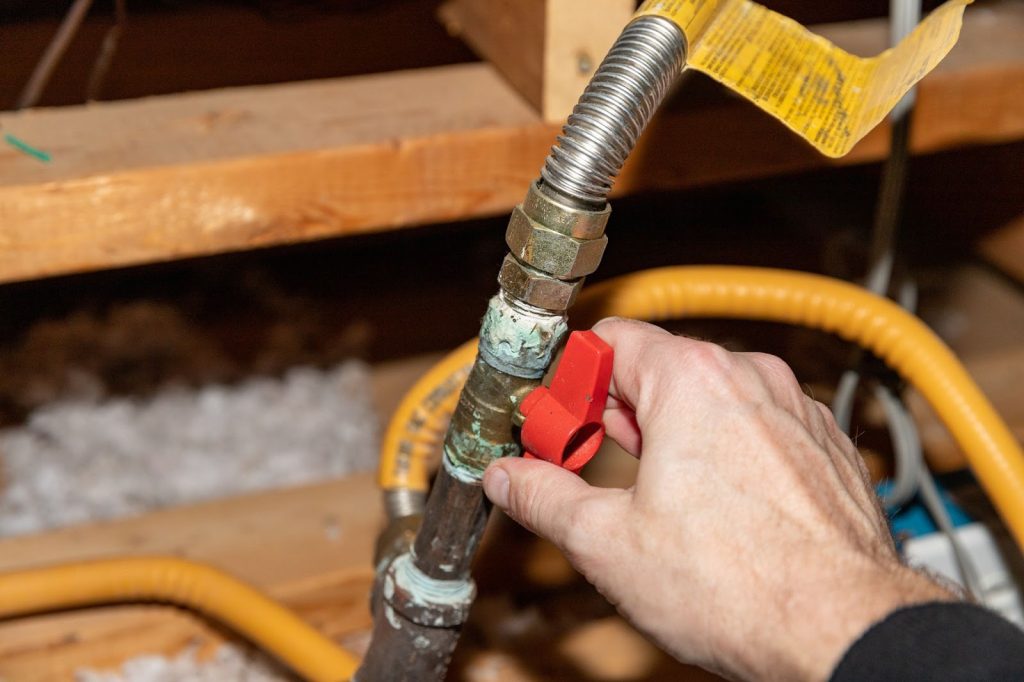
Not all materials are suitable for every type of gas or environment, and using the incorrect ones can lead to premature wear, leaks, and even hazardous conditions. For example, certain types of pipes may corrode when exposed to specific gases or environmental conditions, leading to failures in the system over time.
To avoid issues related to poor material selection, you should consult with experts who are familiar with the latest industry standards and materials. They can recommend the best options based on the specific needs of your project, ensuring that your gas line system is both safe and durable. Making informed choices about materials upfront can save you from costly repairs and safety concerns down the road, providing peace of mind that your installation is built to last.
Improper Installation Techniques
Even with the right materials and planning, using improper installation techniques can undermine the entire gas line system. Rushing through the installation or cutting corners can lead to serious issues such as leaks, pressure drops, or even complete system failures.
Proper installation requires a detailed understanding of the system’s design, the specific requirements of the materials being used, and the industry’s best practices. This includes making sure that all connections are secure, using the right tools for the job, and double-checking that all parts are installed correctly according to the manufacturer’s guidelines.
Overlooking Regular Maintenance and Inspection
Once your commercial gas line installation is complete, the work doesn’t stop there. One of the most common yet dangerous mistakes is neglecting regular maintenance and inspection of the gas lines. Over time, even the best-installed systems can develop issues due to wear and tear, environmental factors, or unforeseen damage. Without routine checks, these issues can go unnoticed, posing serious gas safety concerns.
Ready to Get Started? Contact Salisbury Plumbing Today
When it comes to commercial gas line installations, partnering with the right professionals can make all the difference. Salisbury Plumbing brings years of expertise and a commitment to quality, ensuring that your gas line system is installed safely and efficiently. Whether you’re starting a new project or need assistance with an existing system, our team is here to help every step of the way.
We understand that every commercial project is unique, and we tailor our services to meet your specific needs. From detailed planning and design to expert installation and ongoing maintenance, we provide comprehensive solutions that ensure your gas line system operates smoothly and safely.Your business deserves the best, and that’s exactly what Salisbury Plumbing delivers. With our extensive experience and focus on customer satisfaction, we’ve built a reputation for excellence in installing commercial gas lines. If you’re ready to ensure the safety and efficiency of your gas line system, call us or contact us today!
toto slot

